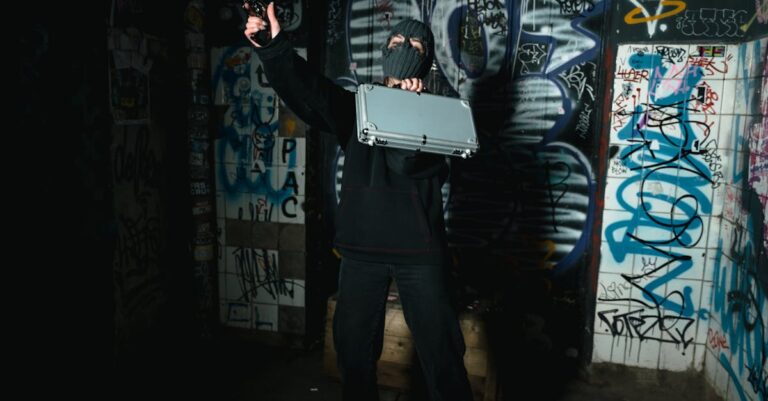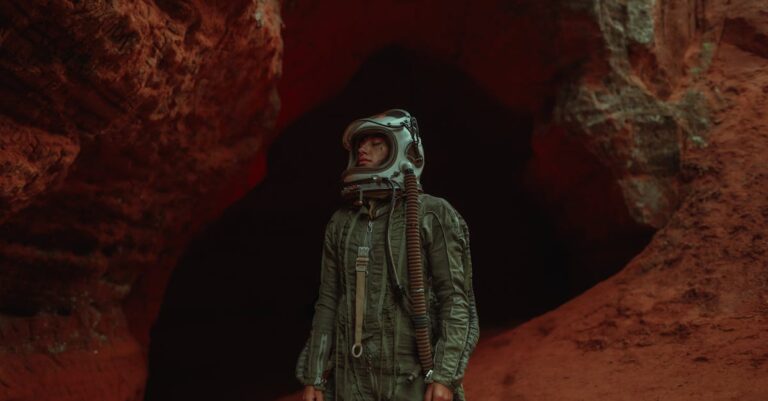
Dr. Elara Voss adjusted the electrode array on Kieran’s scalp, her fingers brushing the cool metal as the lab hummed with the low thrum of machines. The air smelled of antiseptic and ozone, a metallic tang that clung to her throat. Kieran’s eyes were fixed on the screen, pupils dilated, his breath shallow. “Describe it,” she said, her voice steady despite the tremor in her hands. He didn’t look at her. “The sky’s wrong,” he whispered. “It’s not dark. It’s… empty. Like someone peeled the stars off and left nothing but a hollow.” The room felt heavier, the walls pressing in as if the air itself had thickened. Elara glanced at the data stream flickering on the monitor—heart rate spiking, brainwaves erratic. She’d seen anomalies before, but this… this was different. Kieran’s fingers twitched, his knuckles white against the armrest. “There’s a sound,” he said, voice cracking. “Like a thousand voices whispering, but they’re not speaking. They’re screaming.” A shiver crawled up her spine. She’d designed the experiment to test temporal perception, not psychosis. Yet here he was, trapped in some unseen labyrinth of memory. “What happens next?” she asked, though she feared the answer. Kieran’s head tilted, as if listening to something beyond her reach. “The ground cracks. Not like a storm. Like the earth is… bleeding. And then—” His breath hitched, and he clutched his chest as if something inside him had shattered. “Then it comes.” The machine let out a sharp beep, red lights flashing across the walls. Elara lunged for the emergency switch, but Kieran’s hand shot up, palm flat against the console. “Don’t,” he rasped. “It’s already here.” The screen went black. Silence. Then a low, resonant hum, like a distant earthquake. Elara froze. The hum grew, vibrating through the floor, her bones. She turned to Kieran, but his eyes were closed, his face slack. When he opened them, they were empty—voids where pupils should have been. “You’ve seen it,” she said, though the question felt unnecessary. He nodded. “It’s not a memory. It’s a warning.” The next day, the first crack appeared in the city. A fissure splitting the asphalt on 5th Avenue, oozing something black and viscous that hissed when it touched the ground. Firefighters arrived, their sirens wailing, but the substance spread faster than they could contain it, curling around streetlights, seeping into gutters. Elara watched the footage from her lab, her stomach churning. Kieran sat across from her, silent, his hands folded on the table. “You’re not just recalling,” she said. “You’re… connected.” He didn’t react. The data had shown a correlation between his brain activity and the anomalies—tremors, power outages, the black substance. It was as if his mind was a conduit, a bridge between their world and whatever lay beyond. “What’s on the other side?” she asked. Kieran’s lips parted, but no sound came out. His fingers drummed a rhythm on the table, slow and deliberate. Then he spoke, voice hollow. “It’s not a place. It’s a hunger.” The following weeks blurred into chaos. The cracks multiplied, spreading like veins across the city. People vanished, their apartments left untouched, furniture frozen in mid-motion. The black substance clung to buildings, warping windows into grotesque shapes. Elara worked around the clock, cross-referencing Kieran’s neural patterns with the anomalies. She found a pattern—each event coincided with his dreams. The more he remembered, the more reality unraveled. One night, she confronted him. “You’re feeding it,” she said, her voice tight. “You think you’re helping, but you’re opening the door.” Kieran stared at her, his expression unreadable. “I don’t choose this,” he said. “It’s not about choice. It’s about… survival.” She wanted to believe him, but the evidence was undeniable. The cracks were getting closer. The city was dying. On the eve of the final rupture, Elara stood in the lab, Kieran beside her. The machine loomed, its wires coiled like serpents. “We can stop it,” she said. “If we sever the connection.” Kieran’s eyes flickered. “And what happens to me?” “You’ll forget.” A lie, but one she couldn’t say aloud. He nodded, as if he’d expected it. The machine whirred to life. Elara hesitated, then pressed the activation button. Kieran’s body convulsed, his scream echoing through the room. The lights flickered, the walls trembling. For a moment, the black substance froze, suspended in mid-air. Then it surged forward, swallowing the lab in darkness. When the power returned, Kieran was gone. The machine was shattered. And the cracks… they were gone too. But Elara knew better. The hunger hadn’t vanished. It had only retreated, waiting for the next bridge to open.


